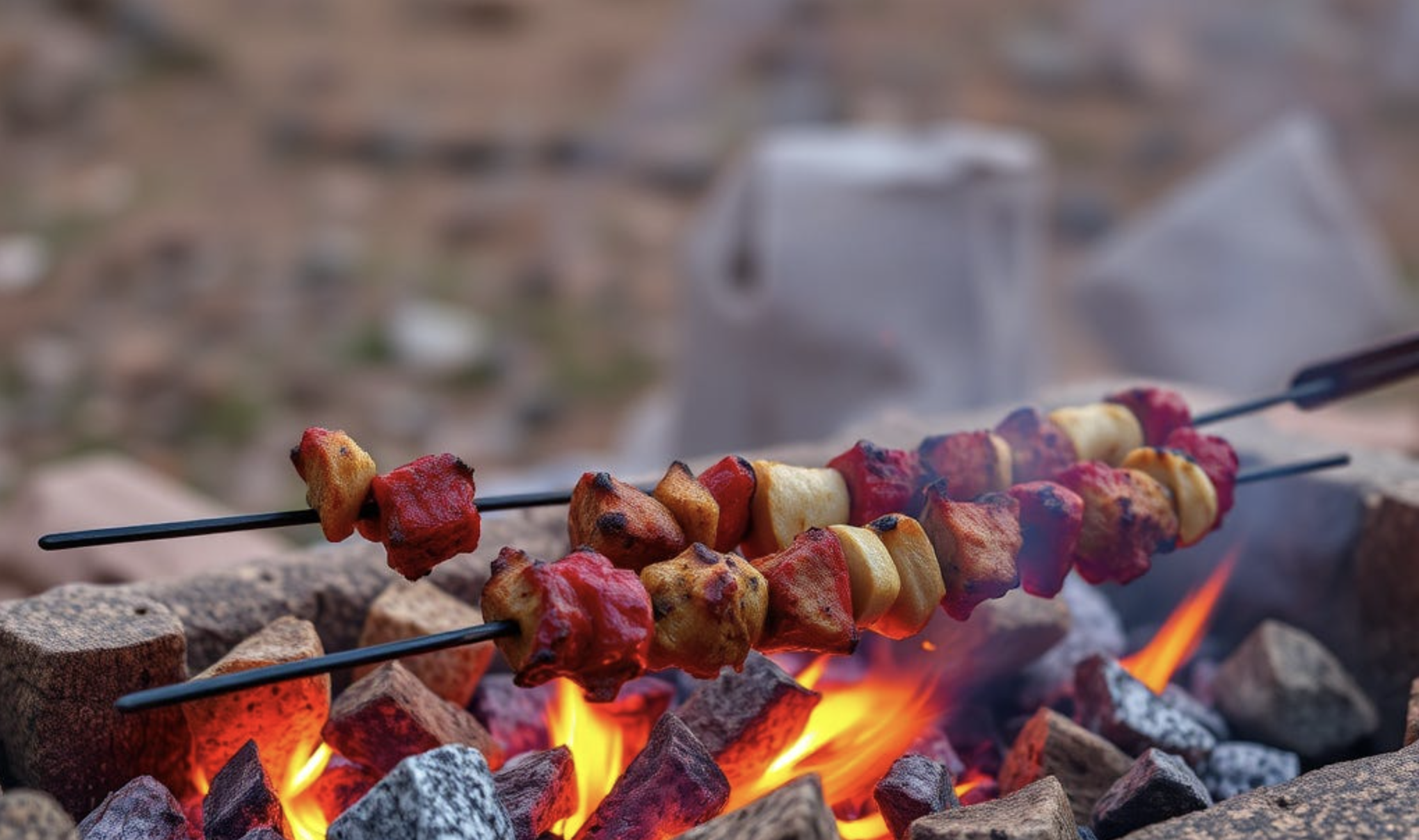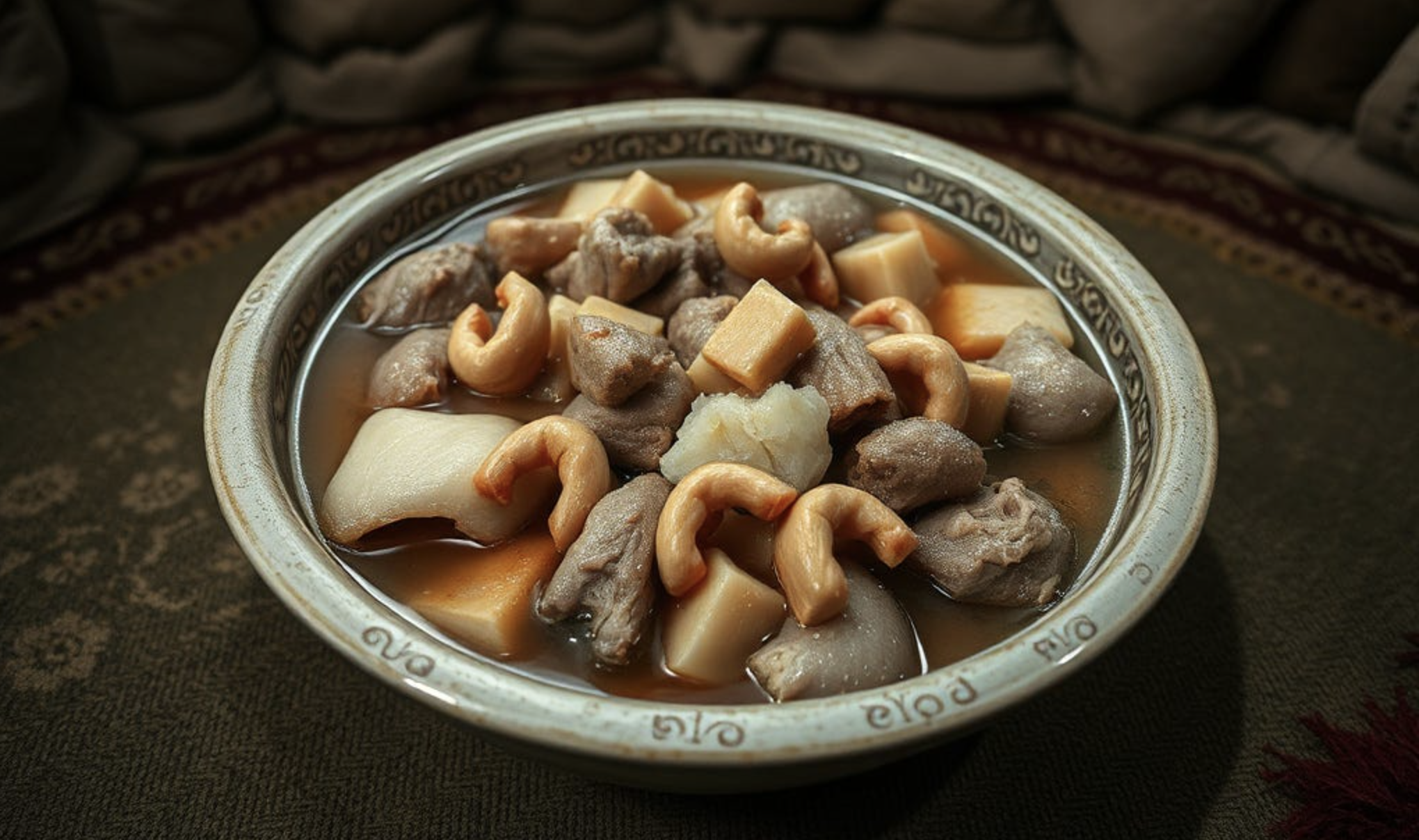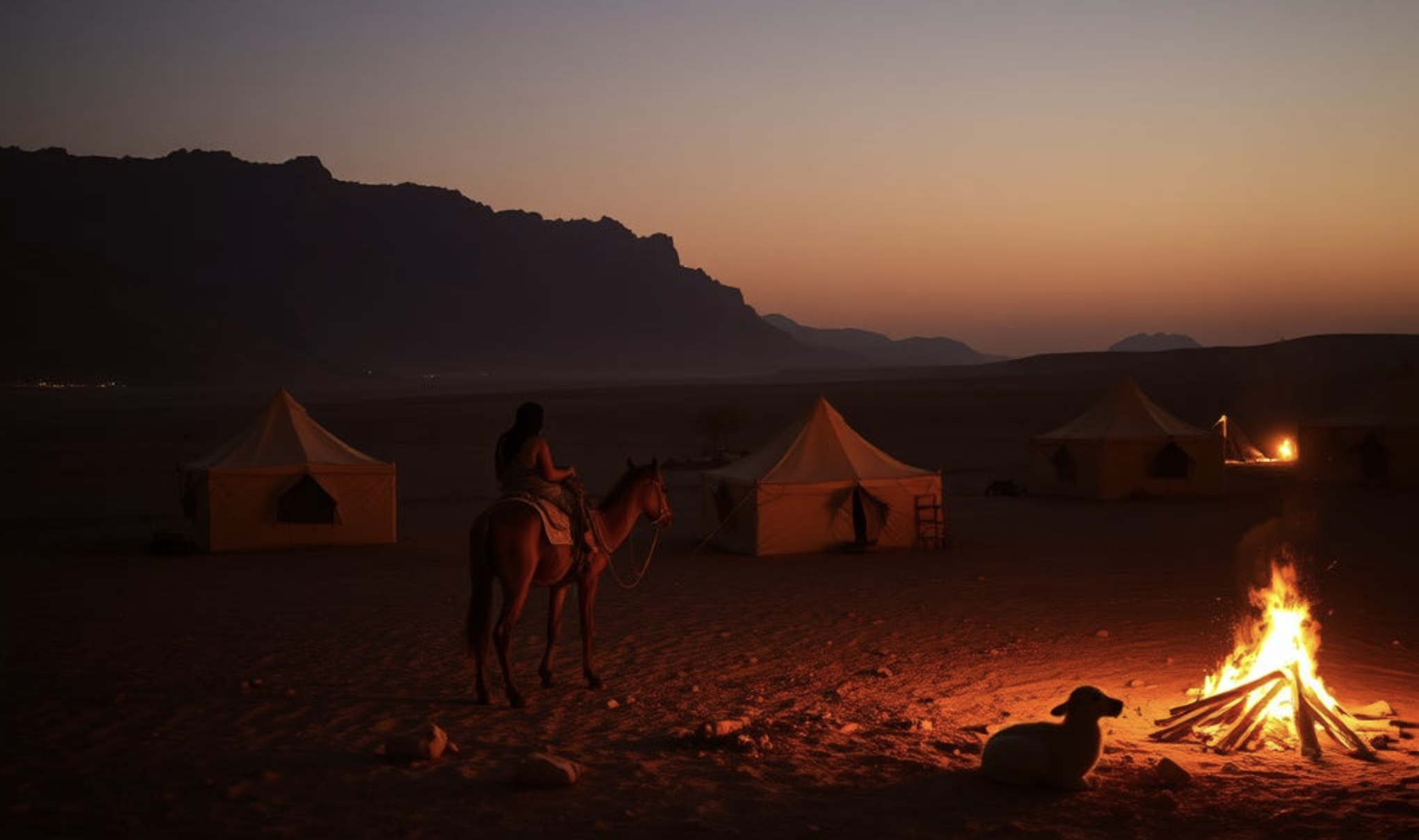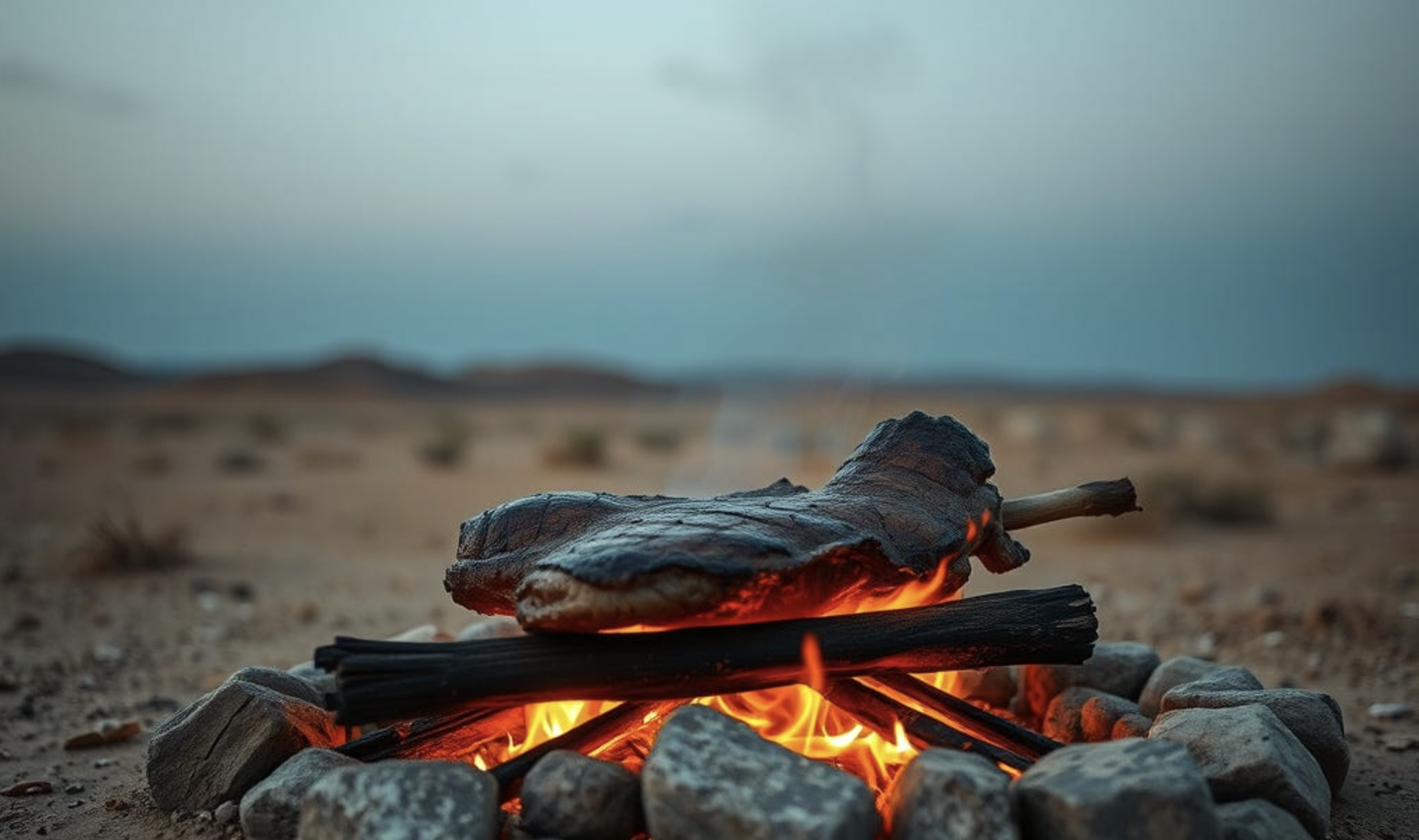Meat
The killing shed at Grampians smelled of iron and shit and steam. It was a place of hard floors and harder men, of old blood gone black in the corners and fresh blood running in ribbons toward the drain. You didn’t flinch here. You worked. You learned. You kept your knife sharp and your mouth shut.
Peter Kerr and I once had a race to see who could skin a mutton fastest. Unofficial, like most things in the yard, but the stakes were real. Pride. Skill. The silent hierarchy of the shed. Kerr was a surgeon with a knife. He’d learned from his father, back in the days when freezing works ran on sweat and edge, not conveyors and air guns. But I was young. Fast. Strong. And, unknowingly, his student.
We started side by side. Two sheep, hanging from the hooks, legs twitching with the ghost of muscle memory. No words, just movement. Blades flashing, hide peeling in long, practised pulls. Then I slipped. A deep slice, left forefinger. Blood everywhere. Thick, dark, venous. For a second, I pressed on. But the knife slipped again. I stopped. Kerr didn’t. He won. No gloating. Just that same steady look.
Later, after stitches and a nurse with hands like cold steel, Kerr told me I’d done it on purpose because I knew I was losing. He laughed. So did I. But I didn’t forget. I still have the scar. A thin white line on my left forefinger. I see it every day. It reminds me. Because meat, like wool, is the product of care. But it begins with death.
Lambs are born in spring: soft, bright-eyed, full of bounce. By summer, they’re grazing heavily on pasture and grain. By autumn, decisions are made. Some go to market. Some stay. Some are kept to breed. Others walk into the killing shed.
I learned to kill properly. Quickly. Cleanly. No panic. No cruelty. The throat cut must be sure, the drop immediate. Then comes the work: skinning, gutting, breaking down the carcass. I could do it in under seven minutes. Still can. The cuts: leg, shoulder, loin, rack, shanks. Offal, fat, bones, guts to cook up for the dogs. Nothing wasted. Every part used. That’s how shepherds feed themselves, their families, their dogs, and, sometimes, their communities.
But it’s the cooking where memory lives. In New Zealand, we ate lamb chops grilled over glowing embers in musterers' huts, the fat dripping into the flames. We slow-cooked mutton in camp ovens over fires in snow-fed huts. The taste of it wasn’t just in the meat: it was in the smoke, the cold, the laughter, the dogs curled asleep nearby.
In Mongolia, it is boiled sheep, bone-in, meat and fat pulled apart with fingers, eaten on the floor of a felt-walled ger. No seasoning, just salt and steam. Felt underfoot, the wind outside billowing like the sea. The sheep, like the people, lean and tough from the steppe.
In Jordan, they eat whole lamb, stuffed with rice and nuts and spiced yoghurt, pulled steaming from a sand oven. This is mansaf, eaten communally, from a single platter, with right hands only, bread as a spoon. The heat, the aroma, the quiet reverence of the elders. It is as much a ceremony as a meal.
In Oman, beside the campfires of Bedouin herders, the carcass of a black goat is split open and splayed above a fire. Smoke clings to the robes and hovers in the still air. The meat is soft, deeply spiced, and eaten with torn bread and bitter coffee. No cutlery. No plates. Just hands, sand, and stars.
In the Atlas Mountains of Morocco, shepherds share skewers of liver and fat, grilled over roadside coals. In Georgia, mountain families eat khinkali stuffed with lamb and herbs: meat pockets that burst like memory. In Wales, it is lamb cawl: a humble stew with potatoes and leeks, thick as fog and just as comforting.
Same animal. Different dress. Same story: a life raised with care, ended with skill, shared in fellowship. Meat binds people. It’s divided. Eaten with fingers or forks, in silence or song. It marks celebration. It marks death. It marks survival.
And the shepherd knows this. He or she understands that to raise an animal is to live with its rhythm. That death is not the opposite of care; it’s the companion of it. You don’t flinch. You do the job. Quickly. Quietly. With skill. With respect.
Because the body remembers. Not just the land or the plate, but your own flesh. Calluses. Scars. The smell that never quite washes out. Mine is on my left forefinger. A ghost of a race I almost won. A reminder of the cost of learning.
So when I eat lamb now, I remember. Not just the meat. But the dog beside me. The wind in the gully. The call of a shepherd two ridgelines away. The fire. The cold. The care. The blood. Because meat isn’t just food. It’s memory. And memory, like meat, must be carved with care.




